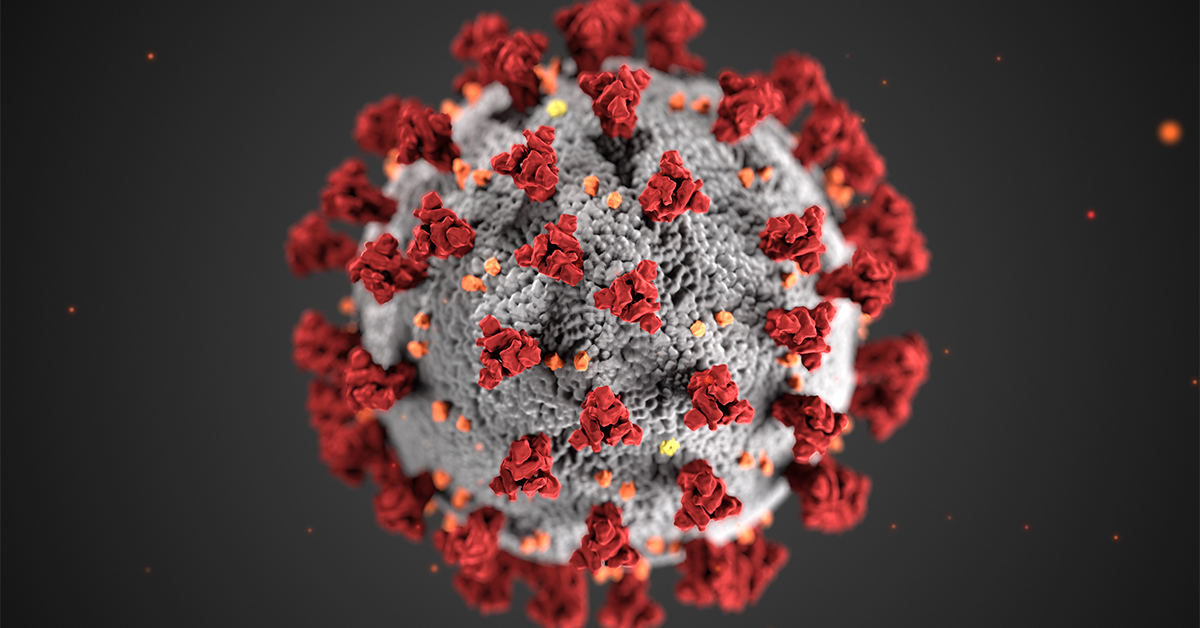
We are all too familiar with the many negatives associated with the coronavirus pandemic: illness and loss of life, soaring unemployment rates, and the disruption of our education system from preschool through graduate school, to name but a few. Surely, the negatives far outweigh any positives, such as a healthier environment. Yet perhaps another positive, at least from the perspective of scholars and students of leadership, has been the opportunity to study leadership during a crisis.
Students in Dr. Lauranett Lee’s Leadership and the Humanities course did just that. In their final project, “Leadership During Crisis,” her students researched historic American crises from the nineteenth century to the present from the perspective of the University of Richmond.
Among others, they considered the leadership styles and strategies of Robert Ryland, the University’s president before and during the Civil War, and Douglas Southall Freeman, a Richmond College graduate and UR rector whose Pulitzer-Prize-winning biographies on Robert E. Lee contributed to the Lost Cause ideology. Exploring more recent history, students reported on how Richmond and other universities have grappled with the legacy of slavery as well as COVID-19.
Dr. Lee’s students came away with an understanding that the coronavirus pandemic is not the first, nor will it be the last, crisis our University and nation have faced.
In her class Leadership in a Diverse Society, Dr. Crystal Hoyt emphasized how COVID-19 has brought social inequalities into stark relief. Her students analyzed the particularly injurious impact of COVID-19 on immigrant communities and the rapidly increasing hate crimes against Asian Americans. They examined how the pandemic has both exposed and widened existing racial, gender, and class disparities in criminal justice, education, employment, and health contexts.
Students in Dr. Kristin Bezio’s Critical Thinking and Methods of Inquiry class applied their newly honed analytical and evaluative skills in a virtual Giving Games debate about where their grant-funded class charitable contribution would have the greatest impact. Ultimately, they chose to donate to two charities currently working to support people affected by COVID-19.
The Swedish approach to the pandemic—practicing social distancing, but not mandatory lockdowns—was the subject of a paper written by a student in Dr. Javier Hidalgo’s Critical Thinking and Methods of Inquiry class. Another one of his students wrote a paper on why low-income countries should not pursue mandatory lockdowns in response to the crisis.
These are but a few examples of the ways our faculty and students have engaged intellectually with the leadership lessons unfolding during the coronavirus pandemic. A crisis like the one we currently face can move us from reflecting on historical leadership to witnessing and evaluating in-the-moment, raw leadership.
